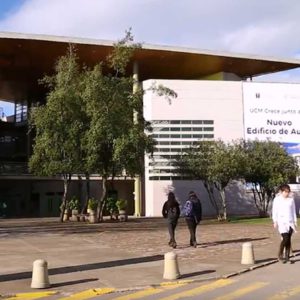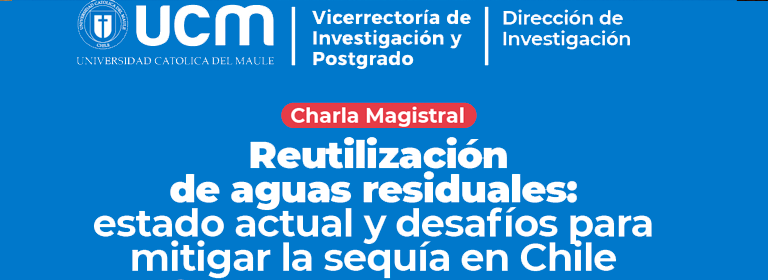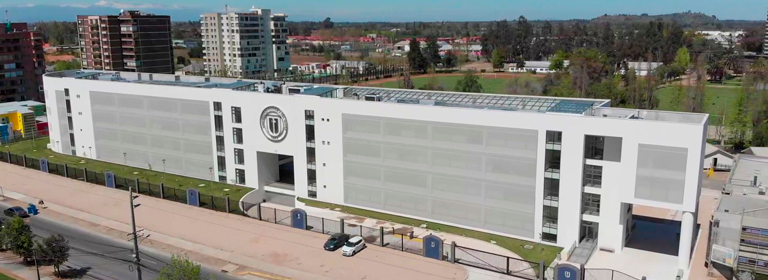Doctoral students from Simón Bolívar University, Colombia, who are researching educational processes in areas affected by armed conflict are exploring the reality of Maule.
 With the aim of strengthening their doctoral theses focused on rural education in contexts marked by social conflict, two Colombian teachers began an academic internship at the Catholic University of Maule (UCM).
With the aim of strengthening their doctoral theses focused on rural education in contexts marked by social conflict, two Colombian teachers began an academic internship at the Catholic University of Maule (UCM).
They are Yurley Contreras and Carlos Rangel, who are pursuing a Doctorate in Education Sciences at Simón Bolívar University in Cúcuta. Both arrived in Chile at the end of June, under an agreement with the Doctorate in Education Consortium at UCM, to enrich the theoretical and methodological approach of their research.
“My thesis addresses school dropout rates and the life plans of students in rural areas of Colombia, which are often affected by armed conflict. This internship will allow me to deepen my study from a comparative perspective with the Chilean reality,” said Rangel, who will remain in Talca for two weeks with his colleague.
«I work in Catatumbo, an area that has been hit hard by armed conflict. There, the notion of a culture of peace is different, and I wanted to enrich my research with the Chilean approach to rural education,» said Contreras.
 The internship represents a new milestone in the internationalization process of the Consortium’s Doctorate in Education. According to its director, Dr. Andrew Philominraj, the visit by the Colombian students reflects the program’s commitment to international outreach.
The internship represents a new milestone in the internationalization process of the Consortium’s Doctorate in Education. According to its director, Dr. Andrew Philominraj, the visit by the Colombian students reflects the program’s commitment to international outreach.
«We currently have three agreements signed with foreign universities, all based on concrete activities such as colloquiums, shared tutoring, and participation in thesis committees. We do not sign agreements just for the sake of protocol, but when there is real and active collaboration,» emphasized the academic, who is also a tutor to the students.
The doctoral program, which is celebrating its tenth anniversary this year, has also just renewed its curriculum, incorporating a new line of research. “Interculturality, Social Justice, and Inclusion in Education” joins the existing fields of study in teacher training and teaching and learning.
“The incorporation of this new line responds both to the work of our academics and to the need to open up new perspectives that engage with the current challenges of our territories and other countries in the region,” concluded Philominraj.













